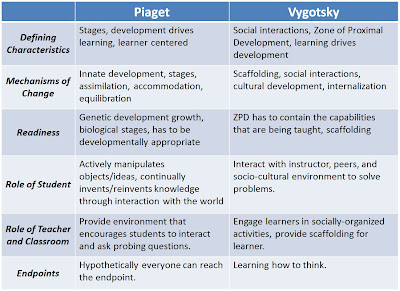The year was 1996 when I was forced to sit at home and study for my first grade spelling test the next day. My parents had forced me to write each spelling word 20 times before I was sent to bed. The method usually worked for me and my scores were for the most part perfect. On the few occasions in which I did misspell a word or two, I was required to re-write those words 50 times at home as a punishment. As the year progressed, I grew weary of the study method that I was forced to endure and I found a way to cheat and get it done faster by writing the words one letter at a time in an assembly line fashion. As a result, the study method did not help since I didn't complete them the way they were meant to be done and I began to struggle on the spelling tests since I could no longer rely on motor memory or determine whether my spelling "looked" right. However, this also opened up a whole new world of writing for me. Since I was no longer memorizing the accepted correct spelling of a word, I was paying more attention to letters and their sounds. My mind began to do what it was naturally designed to do - look for patterns. I began to notice similar patterns of spelling within different words and eventually led to my ability to use "chunks" to figure out longer and more difficult unknown words. After a short amount of time, my scores were comparable to when I memorized the spelling of individual words and I had developed a far more efficient way to spell out words.
Oftentimes, parents have such high hopes for their children's academic success and attempt to accelerate their children's academic development by implementing practices such as the one described above. However, these practices may actually stunt the child's development in the long run because it may take the fun out of writing and learning. Thus, as educators, it would be beneficial to proactively inform parents and guide them in seeing their child's struggles in a positive manner rather than with a deficit attitude.
Sunday, January 27, 2013
Sunday, January 20, 2013
Digging for Literacy
The Oxford dictionary defines literacy as the ability to read and write. However, the idea in actuality is the ability to see relationships, patterns, and connections to make meaning of the world. During the past week, several colleagues and I went out to a French restaurant on a "literacy dig" to observe the presence of literacy in a public restaurant. Just to be on the safe side, the name of the restaurant and its location will not be mentioned.
They physical layout of the restaurant was simple and orderly with a dark, yet warm atmosphere. The walls were plain with few decorations. The only text that could be found in the restaurant were the "M" and "W" labels on the bathroom doors, the drink menu listed on a chalkboard at the bar, two small wall decorations at the front of the store, and the menus.
Upon entering the restaurant, the customer is greeted, directed to an available table, and provided menus. A member of the wait staff introduces him/herself in a professional manner and answers any questions about items on the food and drinks menu. Communication between the customer and the wait staff is the dominant form of literacy observed. "Restaurant language" such as gluten-free and vegetarian options are commonly used. In addition, many of the dishes on the menu have French names and correct pronunciation is also expected of the wait staff.
For this particular setting, I suppose the important thing to note is the differences in conversation between customers with customers, customers with employees, and employees with employees. There are differences in the language and tone used to convey meaning for each situation. Just as this was observed in the restaurant, the world and environment around us operates in the same way.
Monday, January 14, 2013
Constructivism in a Nutshell
"Constructivism is a model in psychology that characterizes learning as a process of actively constructing knowledge. Individuals create meaning for themselves or make sense of new information by selecting, organizing, and integrating information with other knowledge, often in the context of social interactions." (EdPsych Modules, 2nd Edition)
There have been multiple occasions throughout my graduate studies in which the theories of Piaget and Vygotsky were mentioned when discussing students and their cognitive development. But what are these theories and how can they be applied or observed in the classrooms?
While both individuals may have different approaches when it comes to cognitive development, both would agree that 1) learning is a process of actively constructing knowledge, 2) cognitive development is an interaction between heredity and environment, 3) a symbolic system is needed for development, 4) internalized language is needed for conscious thought, promotes reflection, and helps plan, and 5) play is important.
Subscribe to:
Comments (Atom)



